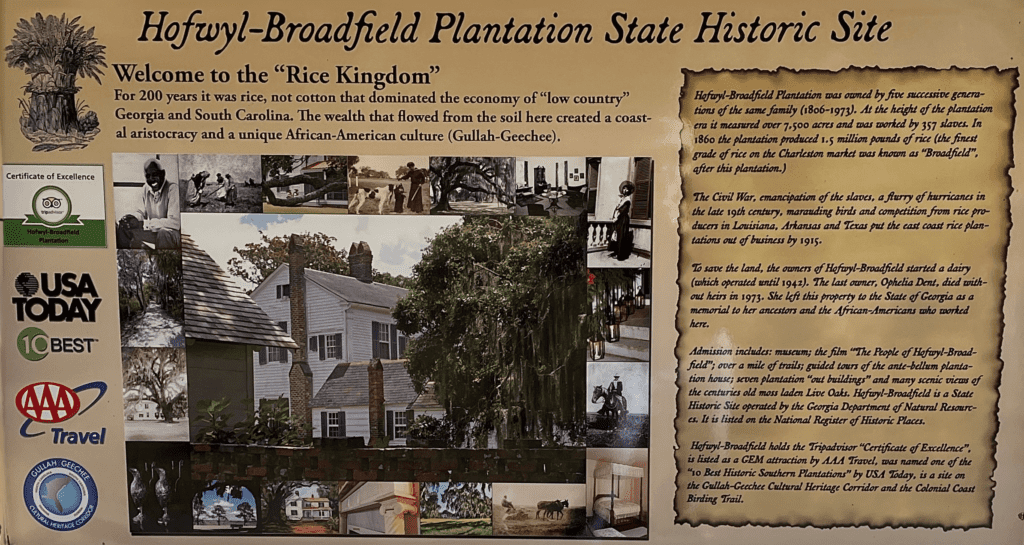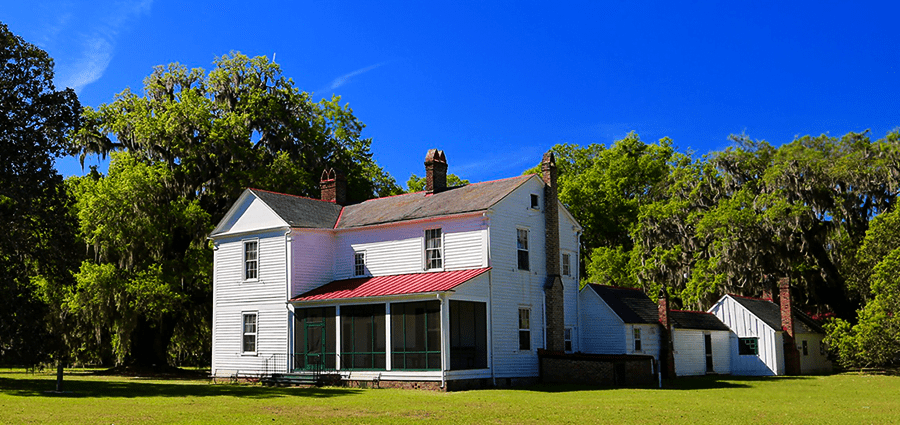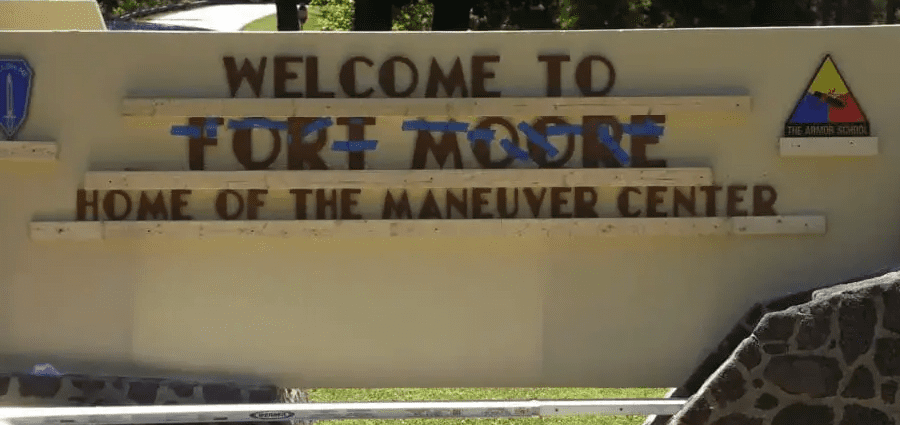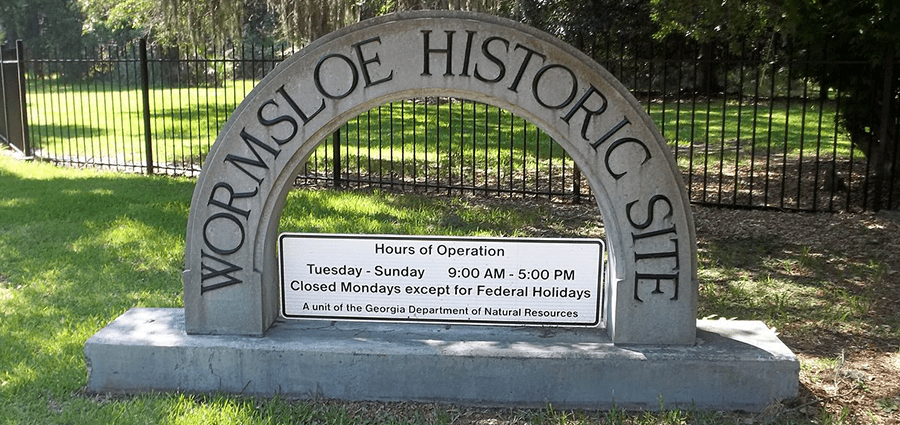Located along Georgia’s picturesque coastal region, Hofwyl-Broadfield Plantation offers a glimpse into the state’s antebellum past and rice cultivation history. This remarkably preserved plantation estate makes for an educational and inspiring visit.
Location
Just 60 miles south of Savannah, the historic site sits amid the scenic Altamaha River delta in Darien. It falls within the Gullah Geechee Cultural Heritage Corridor, known for its ties to African-American culture.
Details
Address: 5556 US-17 N, Brunswick, GA 31525
Phone: (912) 264-7333
Website: https://gastateparks.org/HofwylBroadfieldPlantation
Hours: Open 9 am-5 pm Tuesday to Saturday
Closed Sundays, Mondays, and major holidays
History
Constructed in the 1850s, Hofwyl-Broadfield Plantation remains remarkably unchanged from its original state. The Greek Revival-style plantation house still contains many of its period furnishings, books, and decor. Prominent rice planter William Brailsford built the home for his family, who lived there for four generations until 1913.
Rice farming thrived along coastal Georgia in the 19th century, fueled by the labor of enslaved Africans. At its height, Hofwyl-Broadfield had up to 90 slaves tending the fields and working in the “big house.” Today, eight original slave dwellings stand on the grounds, offering powerful insights into the lives of enslaved people. Interpretive exhibits chronicle the experiences of those enslaved there and on other regional rice plantations.
Visitors can explore remnants of the former rice industry by walking along miles of canals and dikes built by slaves. Scenic rice paddies showcase how complex irrigation systems transformed marshy swamps into prosperous rice fields. Inside the plantation house, historic rice processing equipment demonstrates how crops were milled on-site and sold.

Key Historical Facts of Hofwyl-Broadfield Plantation
— Antebellum home, unchanged since the 1850s.
— Rice farming relied on slave labor.
— Eight intact slave cabins.
— Canals and dikes were built for rice irrigation.
— Rice processing equipment.
What to See and Do at Hofwyl-Broadfield Plantation
Numerous outbuildings like the kitchen, smokehouse, and dairy paint a full picture of 19th-century plantation operations. A unique program lets visitors help feed heritage-breed farm animals like Guinea hogs and Dominique chickens. Kids can try hands-on activities like churning butter!
Music was integral to both slave culture and plantation life. Special programs feature Gullah music and storytelling performances. The on-site theater runs an orientation film and rotating exhibits about rice plantation history.
Nature lovers will enjoy walking the live oak-lined trails dripping with Spanish moss. Birdwatching is also popular, spotting egrets, herons, and pelicans fishing in the rice fields. Picnic tables provide an idyllic setting for lunch amid beautiful scenery and history.
Top Attractions at Hofwyl-Broadfield Plantation
— Tour plantation house and grounds
— Watch heritage breed animals being fed
— Attend the Gullah music program
— Walk nature trails and see live oaks
— Go birdwatching over the rice fields
— Picnic on the grounds
Nearby Attractions
Just south of the plantation lies the Altamaha Historic Byway, a scenic driving route along the Altamaha River. Highlights include:
Brown’s Field Battlefield – This Tabby Point preserve contains the well-marked battlefield where the largest all-cavalry battle of the Civil War was fought on October 27, 1864. Walking trails explore the area where Union and Confederate forces clashed. An on-site museum offers Civil War exhibits and artifacts.
Crooked River State Park – Located 10 miles south, this park offers boating, fishing, hiking, and camping along the twisting channel that gives the park its name. The nature center has exhibits on local ecology, plants, and wildlife..
Darien, GA – This charming coastal town, 15 minutes from the plantation, has quaint shops, restaurants, and lodging along the Darien Riverwalk. Stop by the historic Darien Waterfront Park, then learn more about regional history at the Darien Area Visitor Center.
Sapelo Island – Accessible only by boat, this protected barrier island is a state wildlife refuge with hiking, fishing, and primitive beach camping. Guided tours offer a glimpse into the island’s Gullah-Geechee culture and history.
Cumberland Island National Seashore – Reachable by ferry from St. Mary’s, this pristine undeveloped island has secluded beaches, wild horses, and the Carnegie family mansion ruins. Camping and backcountry hiking are available.

Tips for Visiting
The temperate climate along the Georgia coast makes any time of year ideal for visiting Hofwyl-Broadfield Plantation.
Spring (March-May) and fall (September-November) are the most comfortable times to visit, with mild temperatures and lower humidity. Highs range from 60-80 °F. Rainfall is moderate, but the occasional shower can occur. Pack layers and have a light jacket on hand.
Summers (June-August) are hot and humid in coastal Georgia, with temperatures in the 80s-90s°F and higher humidity. The warmth and sunshine make it a great time to explore the miles of scenic nature trails and look for wildlife. Be prepared for afternoon thunderstorms. Stay hydrated and take breaks in shaded areas.
Winters are mild, with highs in the 50s-60s°F. Pack a jacket, especially for tours early and late in the day. Rain is common, but rarely persists all day. Low season means smaller crowds but reduced days and hours. Some facilities may be closed for maintenance.
Arrive early, especially on weekends, as parking can fill up in peak season. Overflow parking is limited.
Take a guided house tour to get the most out of your visit and access the historic home’s interior. Tours leave on the hour and are limited to 12 people.
Walking sticks are provided free to borrow for navigating the dirt trails. They can get muddy after rain.
Picnicking is welcome, but alcohol and smoking are prohibited on site. Dining options are limited nearby, so pack food and water.
Leave the stroller behind if possible – the unpaved trails and historic buildings are not very stroller-friendly. However, baby carriers and wraps can work well.
The site is entirely outdoors, so use sun protection, including hats, UV-blocking clothes, and regularly reapply sunscreen.
Bug spray is necessary in warmer months – mosquitoes and gnats can be prevalent near the marshes and rice fields.
Refill water bottles for free at stations around the grounds to stay hydrated, especially in summer.
Take advantage of QR Codes around displays to dive deeper into history via your mobile device. Downloading content ahead of time helps since cell service is spotty.
Conclusion
History lovers, nature enthusiasts, and those interested in African-American culture will find inspiration at Hofwyl-Broadfield Plantation. Immersive tours transport visitors in time, offering perspective on rice plantation life and slavery’s enduring impact. Plan a trip to uncover these powerful stories amid stunning natural scenery.
Respectful Conduct
Hofwyl-Broadfield Plantation serves as an important memorial to the many enslaved people who lived and worked here in brutal conditions. As such, respectful and sensitive behavior is expected from all visitors.
Please refrain from any insensitive or offensive comments that diminish the suffering experienced by slaves at Hofwyl-Broadfield and other rice plantations. The experiences of enslaved individuals and their descendants deserve solemnity.
Photography is permitted only for personal use, not commercial purposes. Be mindful of taking photos that could be perceived as rude or distasteful. Refrain from posing in front of slave cabins or in other solemn areas.
The site welcomes curiosity and difficult questions asked in a thoughtful way. Discussions should remain civil, avoiding heated debates on sensitive topics like slavery. Keep an open mind and heart when engaging with other visitors.
Parents should discuss the history of slavery in an age-appropriate way with children before visiting. Guide them to consider their actions and questions while exploring the grounds.
Follow all behavioral rules and instructions from staff during your visit. This protects the irreplaceable historic resources so they can educate future generations. Please enjoy this special place respectfully.




